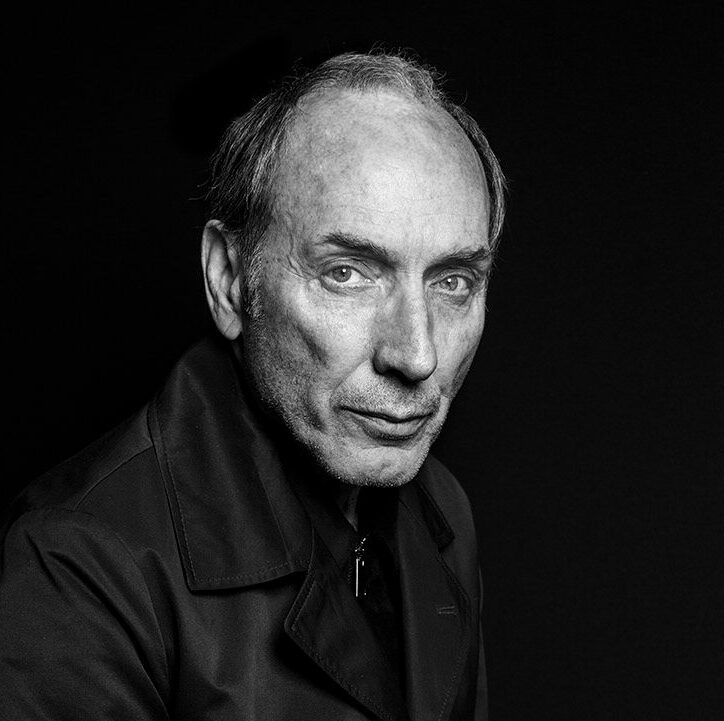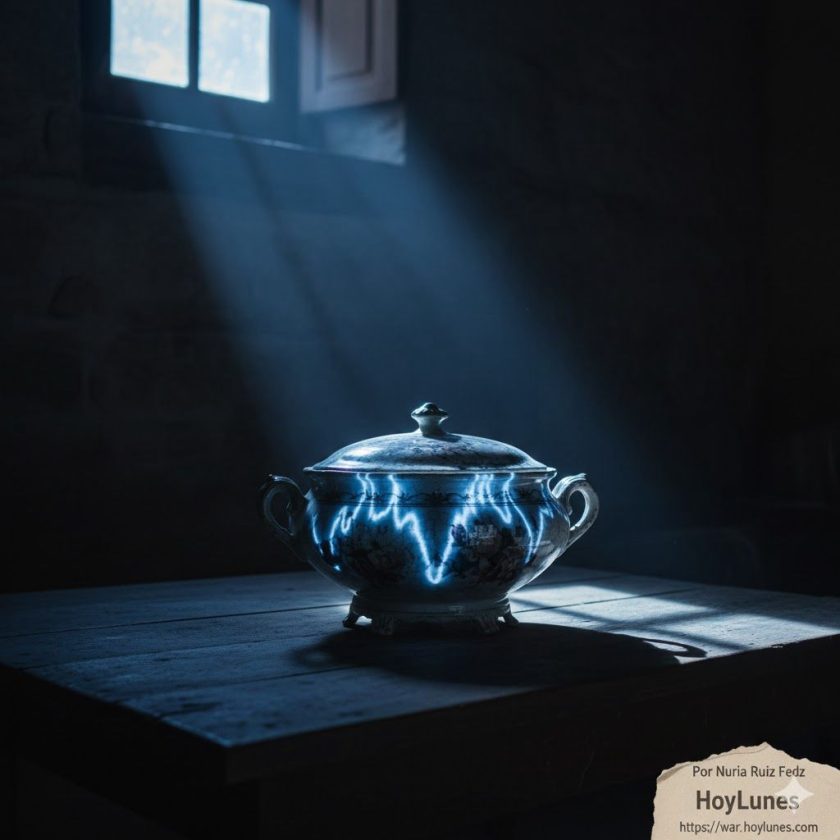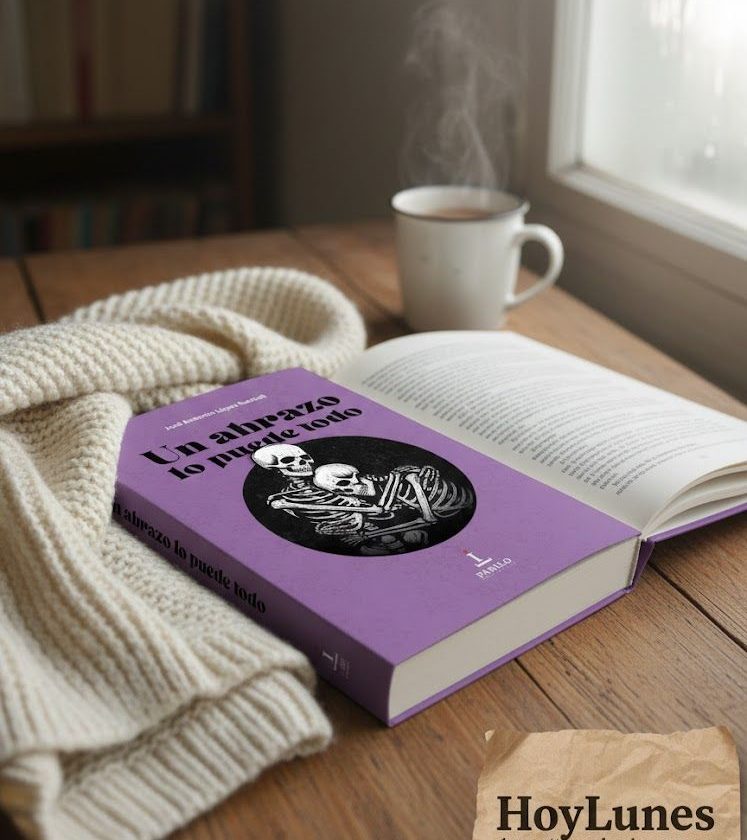Eusebio Poncela: an unrepeatable actor who transformed Spanish cinema, theater, and television with sensitivity, courage, and a life marked by authenticity.
At the age of 79, leaving behind a brilliant legacy, marked by a powerful and recognizable personality.
By Jorge Alonso Curiel
HoyLunes – He always brought to mind William Hurt. He was the Spanish William Hurt. His profound sensitivity, his vulnerable appearance evoked the actor from “The Accidental Tourist” whenever he appeared on screen or on stage. Both, immense actors, gave the impression of being defenseless and of needing someone to protect them in the jungle of this world, and they were ideal to embody characters overwhelmed by excessive sensitivity, in continuous crisis from emotional turmoil.
Pilar Miró saw it this way; she knew that Poncela could replace Hurt in her 1986 project to adapt Goethe’s immortal novel *Werther* to the big screen. After being unable to count on the American, who was her first choice, she signed the Madrid-born actor, from Vallecas, born in 1945, and together they created a wonderful film whose shooting was full of difficulties and tensions, but one that made them both grow.
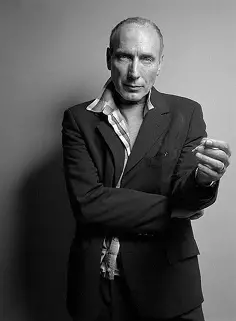
This past Wednesday, August 27, at the age of 79, Eusebio Poncela passed away due to cancer, at his home in El Escorial. He leaves behind a brilliant career, with unforgettable roles in theater, television series, and cinema. His name is synonymous with personality, vocation, dedication, talent, and sensitivity, as well as an example of freedom, courage, passion, independence, and authenticity in the way he lived his life.
He was a different, unique actor, who accepted “marginal” roles that filled his spirit and satisfied his artistic concerns, fleeing from commercialism, easy fame, and any project destined solely for financial purposes. He did not like surrounding himself with actors; he preferred the company of street people such as junkies or prostitutes, and he always chose to find his interpretative path in solitude and from his innermost depths. He loved the street as both a school of life and of his craft so much that he endured a heroin addiction for 30 years, from which he managed to emerge without professional help, by his own decision and strength, moving to Argentina, where he also held exhibitions of his other, lesser-known facet, as a painter. He also lived his sexuality in his own way, describing himself as “trisexual”.

A Long Career as an Actor
Born into a working-class family—his father fought in the Civil War on the losing side—he debuted on stage very early, at only three years old. On the stage of a school theater on Embajadores Street in Madrid, he provoked the audience’s laughter dressed as a bumblebee. It was his first success.
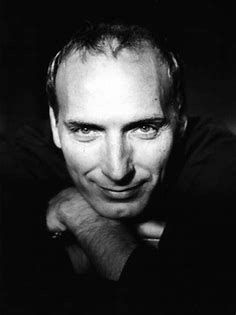
A few years later, and after an attempt to work with his brother-in-law as a plaster craftsman, which turned out to be a disaster and made him realize his path was not to be an operator, he graduated in the mid-1960s from the Royal School of Dramatic Art and began acting in theater. He debuted in “Mariana Pineda” by Federico García Lorca. He achieved his first major stage success starring in “Marat-Sade”, with Adolfo Marsillach’s company.
From the 1970s onward, he began combining work in film and television. On the small screen, he could be seen in “Estudio 1”, the mythical and much-missed program on TVE, which adapted great theatrical works. In 1979, playing José Sirgado in “Arrebato”, by Iván Zulueta, he dazzled and became one of the reference actors of auteur cinema during the years of the “Movida Madrileña”. In this cult film, which had neither box office nor critical success at its release, as avant-garde as it was surprising, he played a heroin-addicted film director who, after editing his last movie, spirals into a path of unreality.
But the role that made him popular was in the TVE series “Los Gozos y las Sombras” (1982), an adaptation of the novel by Gonzalo Torrente Ballester, where he acted alongside Charo López and Carlos Larrañaga. An elaborate and wonderful series that older viewers have never forgotten. A few years later, he would portray, in another series that defined the 1980s, the peculiar detective Pepe Carvalho, inspired by the novels of Manuel Vázquez Montalbán.
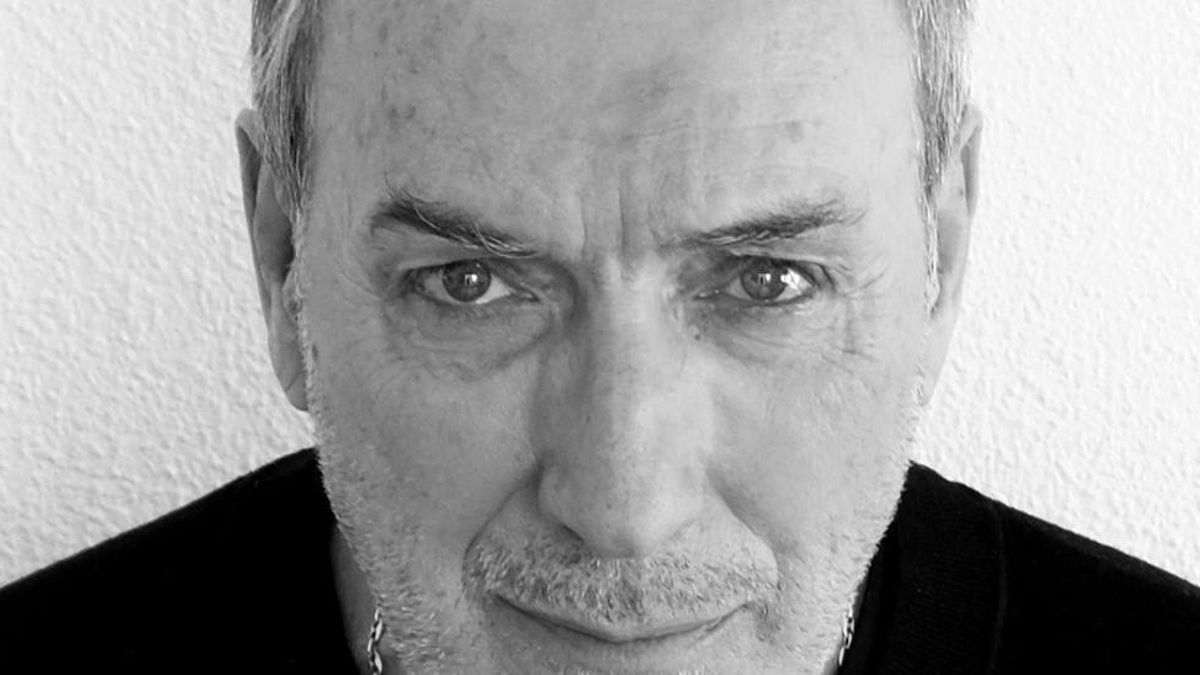
In the 1980s, his collaboration with Pedro Almodóvar made him one of the reference actors of
Spanish cinema. His roles in “Matador” (1986) and “Law of Desire” (1987) did not go unnoticed by audiences, who were mesmerized by his magnetism and different personality. With more than 50 films to his credit, he worked with other great directors besides those already mentioned, such as Carlos Saura (El Dorado), Adolfo Aristarain (Martín (Hache)), Francisco Regueiro (Diario de Invierno), and Álex de la Iglesia (800 Balas).
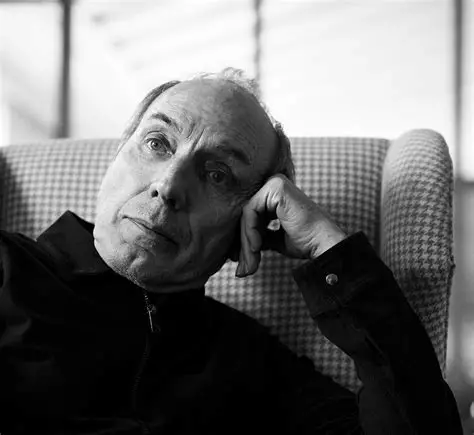
He never won the Academy Award (the Goyas), for which he was only nominated once, in 2001, as Best Leading Actor for “Intacto”, by Juan Carlos Fresnadillo. However, he triumphed at the 2016 Iris Awards (Best Leading Actor for “Carlos, Rey Emperador”), at the Silver Condor Awards in 1998 (Best Supporting Actor for Martín (Hache)), and he collected the Sant Jordi Award three times for his performances in Martín (Hache) and El Arreglo, and in 2017 for his entire career.
In addition, in 2004, he received the Nacho Martínez National Film Award, granted by the Gijón International Film Festival.
Rest in peace to this actor who left a deep mark, with a style as personal as it was transgressive, in a crucial era of Spanish culture.
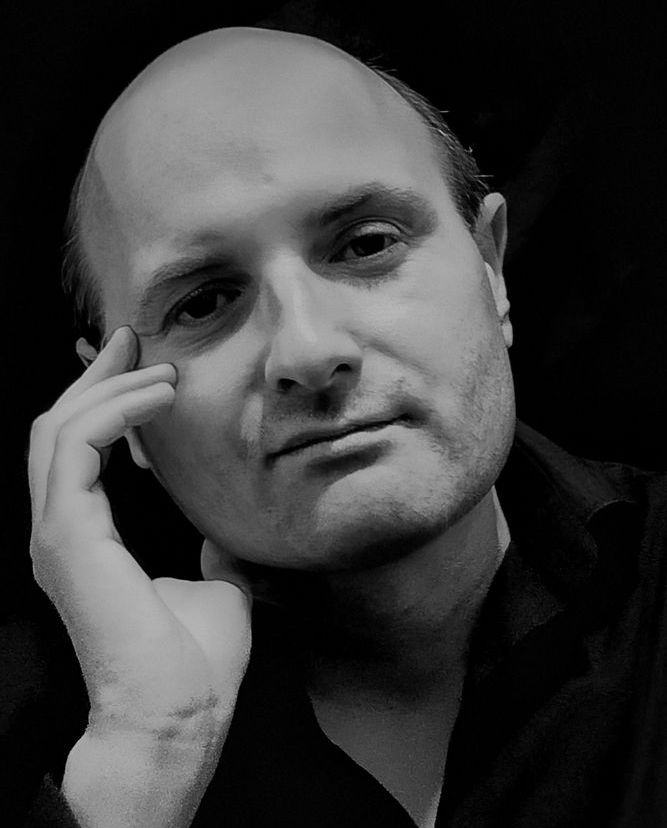
#hoylunes, #jorge_alonso_curiel, #eusebio_poncela,
